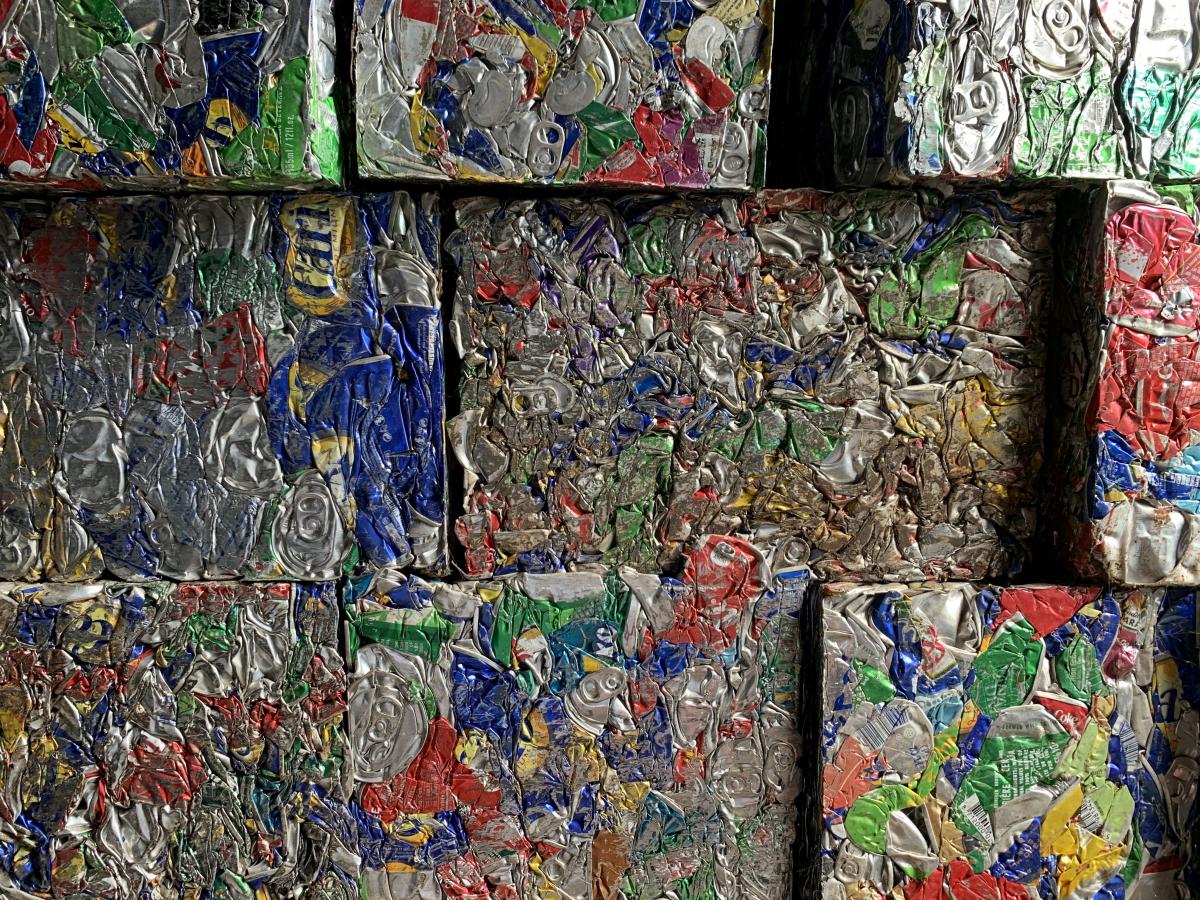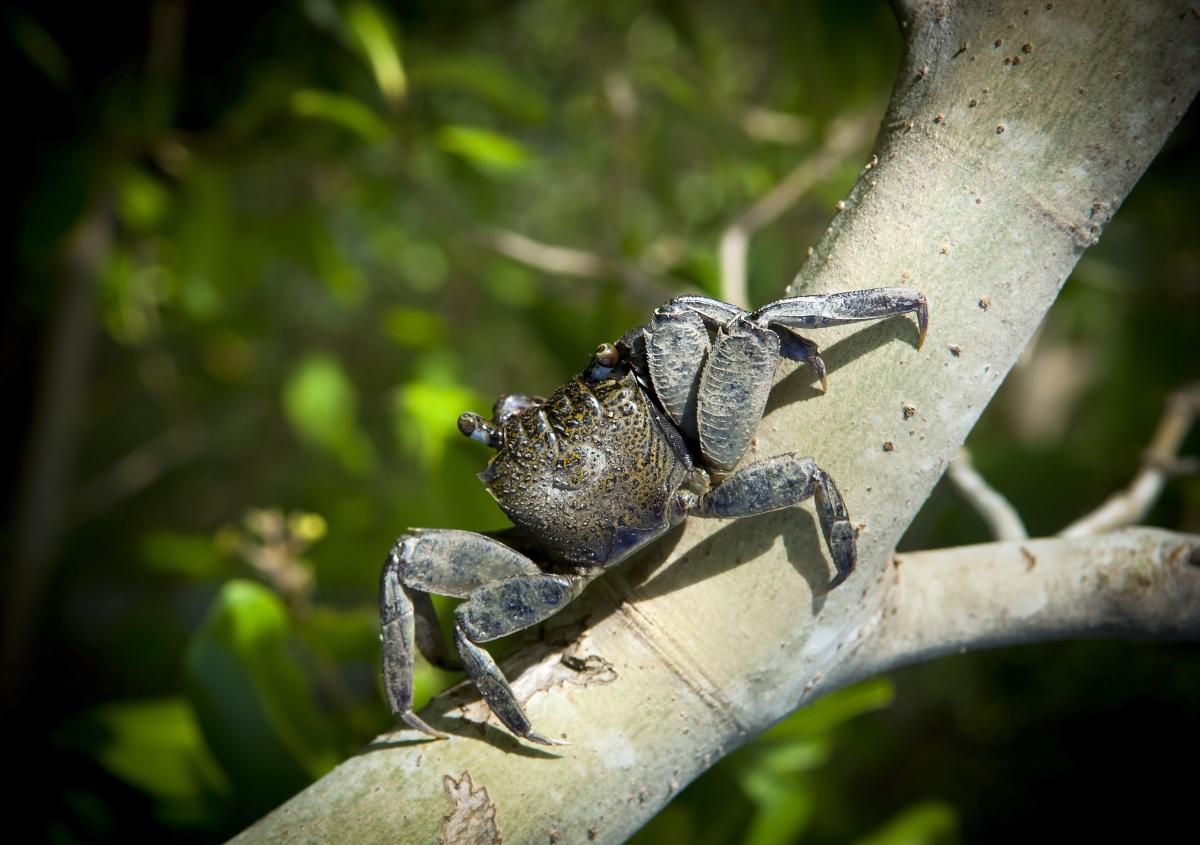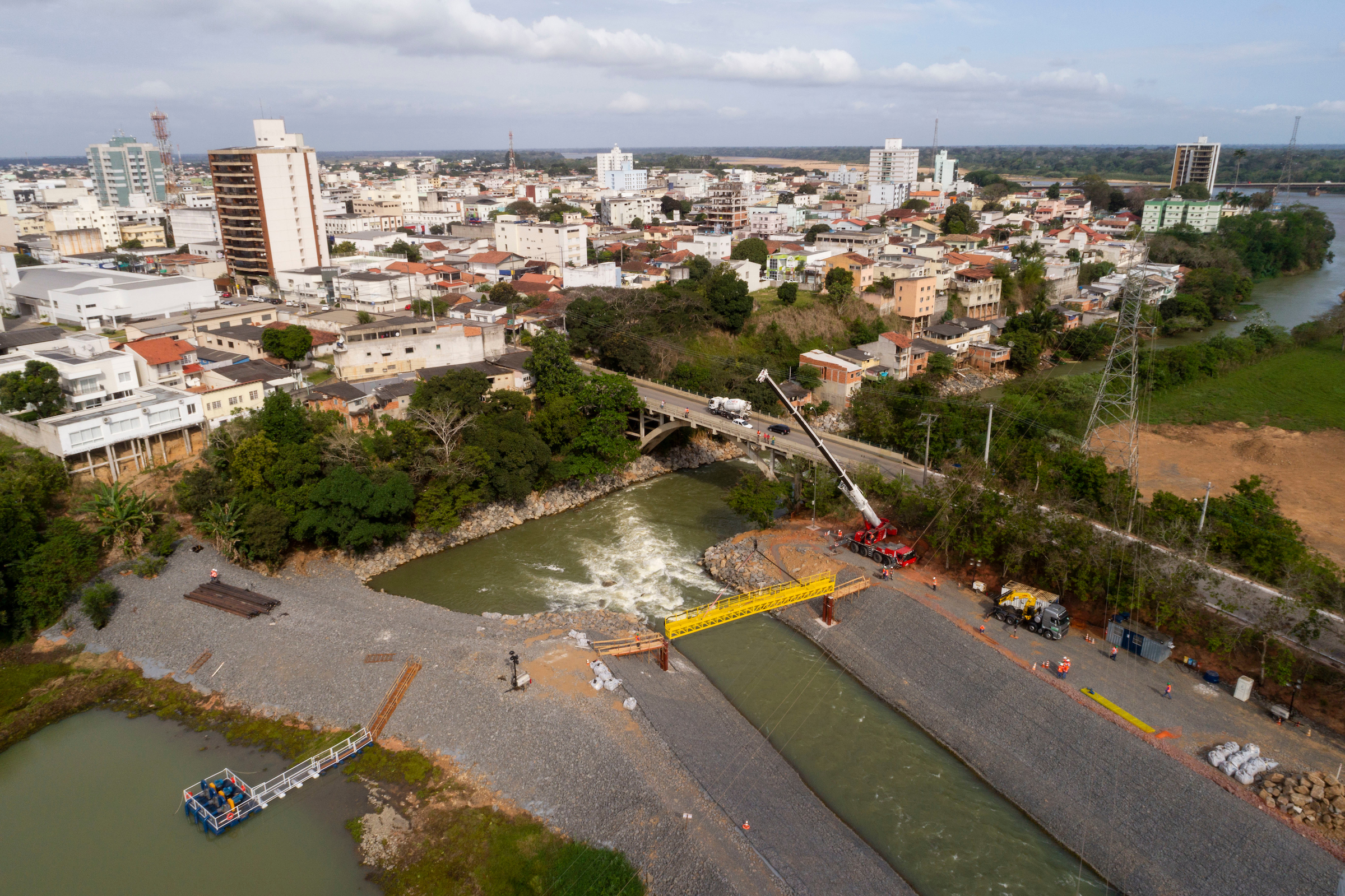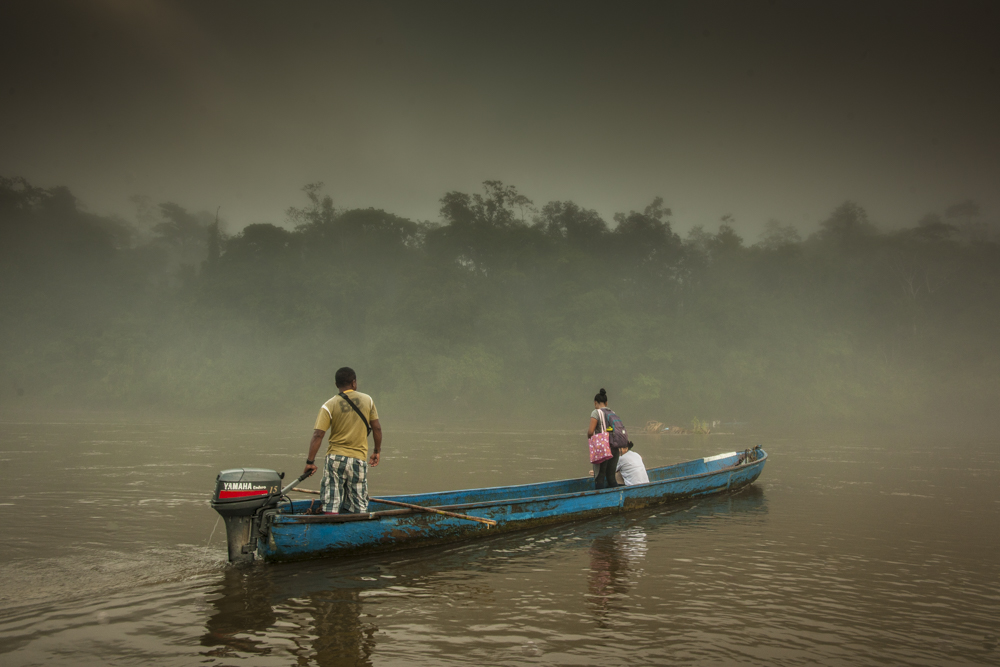Plastic Waste-Free Islands recommencing its work in the Caribbean
In light of the fast-moving and unpredictable situation of the COVID-19 pandemic and regarding the health of staff, consultants and contractors, IUCN has been taken measures to continue with the project’s work remotely, and together with partners, looks forward to keep working, innovating and finding creative manners to move forward with the project’s objectives.

The PWFI project seeks to make a significant, quantified reduction in plastic waste generation and leakage within the planned project timeframe of three years.
Photo: Joao Sousa
Caribbean region, July 15, 2020 (IUCN). The Plastic Waste-Free Islands (PWFI) project, funded by the Norwegian Agency for Development Cooperation (NORAD) and implemented by IUCN, seeks to make a significant, quantified reduction in plastic waste generation and leakage within the planned project timeframe of three years. This is a global initiative, working in Pacific and Caribbean Small Island Developing States (SIDS). In the Caribbean region, the project focuses in Antigua and Barbuda, Grenada, and Saint Lucia, and involves participation of the country governments, as well as regional partner, the Organisation of Eastern Caribbean States (OECS).
To deliver important outputs of the project, IUCN has engaged the Australian based consultancy company Asia Pacific Waste Consultants (APWC), and the Netherlands based company Searious Business. The APWC consultants will create a flow analysis of plastics, including plastic leakage and looking at waste from household and commercial outlets sources, as well as the tourism and fisheries industries. The collected data will feed into a qualitative analysis, to be conducted by Searious Business, to propose feasible solutions for the consideration of the SIDS.
In February 2020, after formally launching the PWFI project with project partners and stakeholders, APWC deployed one consultancy team to the Caribbean to commence the planned field activities, involving data collection on plastics and other wastes through stakeholder interviews and waste / recycling facilities, hospitality, cruise ships and fisheries’ waste audits. The team had successfully completed the work in Antigua and Barbuda by March 2020, and then moved to Saint Lucia to undertake the same field tasks, with a planned departure to Grenada on April 2020.
However, in light of the fast-moving and unpredictable situation of the COVID-19 pandemic and regarding the health of staff, consultants and contractors, on March 17th IUCN requested the APWC consultant team to return to their duty station. At the same time, it was decided to hold travel arrangements for the Searious Business team, expected to arrive in Antigua and Barbuda by the same date.
Mindful of the pandemic, both the APWC and Searious Business consultancy teams have taken measures to undertake their work remotely. APWC recommenced its work on June 2020 with a desktop study, for which they will be contacting a wide variety of stakeholders in Saint Lucia and Grenada to collect the required data. Additionally, APWC has hired local consultants that will soon be trained virtually to undertake fieldwork and to support the data collection from local stakeholders.
Searious Business will be contacting key stakeholders to request their cooperation with an online questionnaire. The team is also providing local hotels with a “Welcome Back in Business” package which gives recommendations on how to reduce plastic waste, cut on costs and improve hygiene and safety. Searious Business will proceed with in situ interviews and meetings once COVID-19 travel restriction are lifted.
Stakeholders are invited to be a part of this important study and will be contacted by both teams within the next weeks to request the pertinent information to perform the analysis. IUCN, together with project partners, look forward to keep working together, innovating and finding creative manners to move forward with the objectives of the project and in particular of these before mentioned consultancies, in order to advance the plastics flow analysis and determine the best available solutions.
For more information please contact: Domenique Finegan, Technical Officer, domenique.finegan@iucn.org



